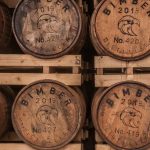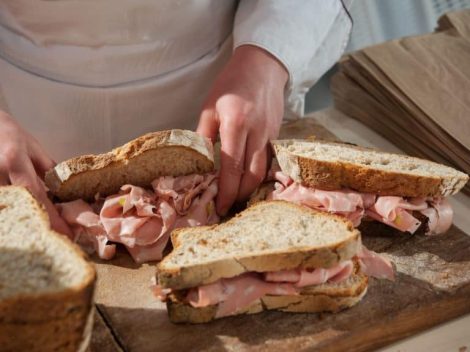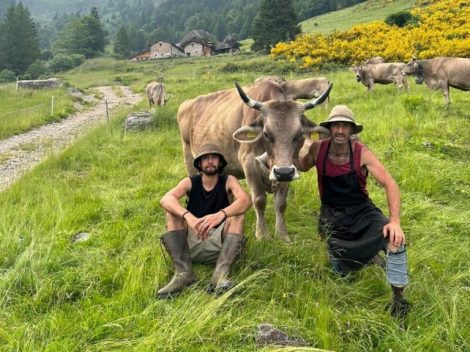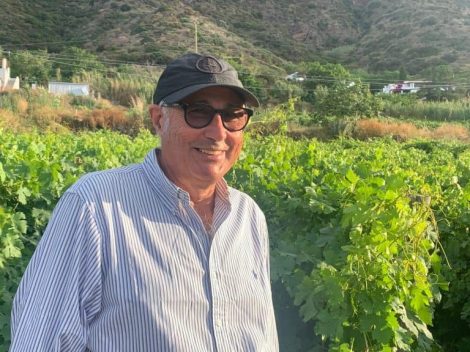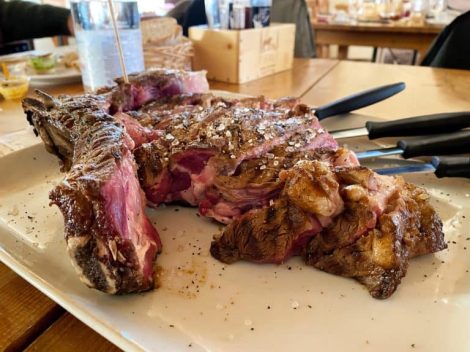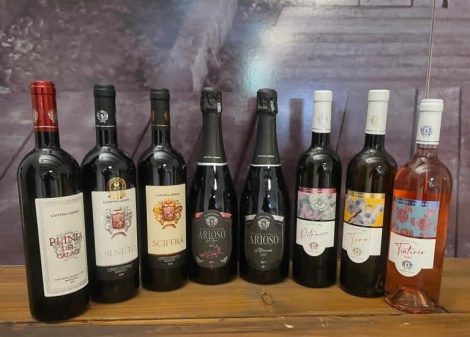If, in the whirlwind of holiday departures and arrivals, you board a plane to Orio al Serio, it will take just under an hour by car to reach Lenna. It's here, since 1989, that the complex entity known as Ferdy Wild has gradually come into being. You'll find it signposted with that slightly skewed, recognizable script that’s worth remembering if you want to fully experience the Ferdy adventure, up in the alpine pastures.
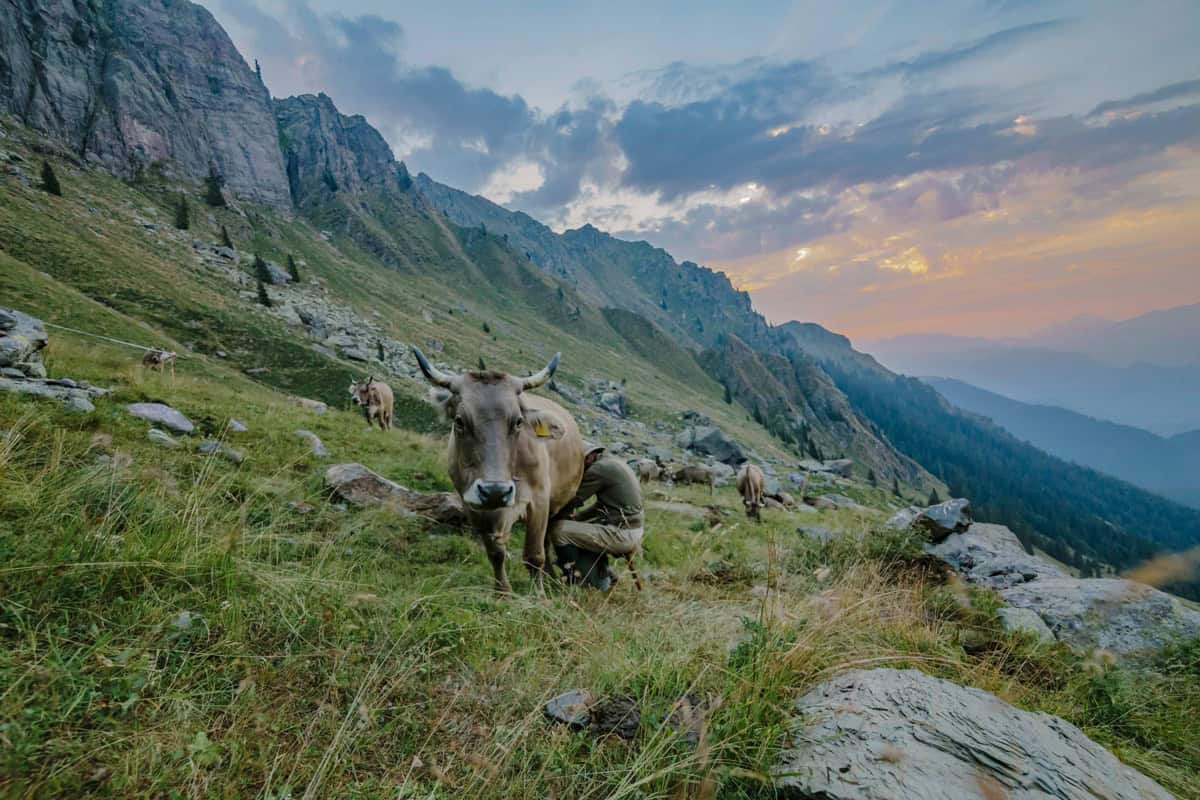
What immediately captivates everyone, however, is the beauty of these places, and the cuisine, which, like everything else here, is a narrative of the territory—an expression (one of many) of the Ferdy project. Take the bread, for example, made with an infusion of roasted hay, herbs, spices, and spruce, bringing the scent of the mountains. This bread sets the tone for the entire meal, encapsulating the conceptual and sensory panorama of the restaurant, alongside butter and an intense, ever-changing consommé that makes use of kitchen scraps. The "Esperienze Wild" tasting menu (85 euros for eight courses) plays with the products and customs of the UNESCO Cheese Valleys (though the à la carte menu follows the same direction), doing so with complete freedom and the precision that is the hallmark of this corner of the Val Brembana. Among the dishes are the 1989 meatballs, a historic dish made with wild herbs from the pastures, with a heart of formai del Ferdy (Ferdy cheese) and fermented blueberries, encapsulating nettles, silene, and other wild herbs. Some of these herbs have names unfamiliar to city dwellers; it's worth remembering these names, as they can broaden our cultural and gastronomic horizons. These names will reappear because this pantry is made up of such ingredients: cheeses, wild herbs, freshwater fish (which tells a new story when served as ceviche), and meat: scarce, and only from animals at the end of their life cycle, aged 13 or 14 years, that have never seen a pen or eaten feed.
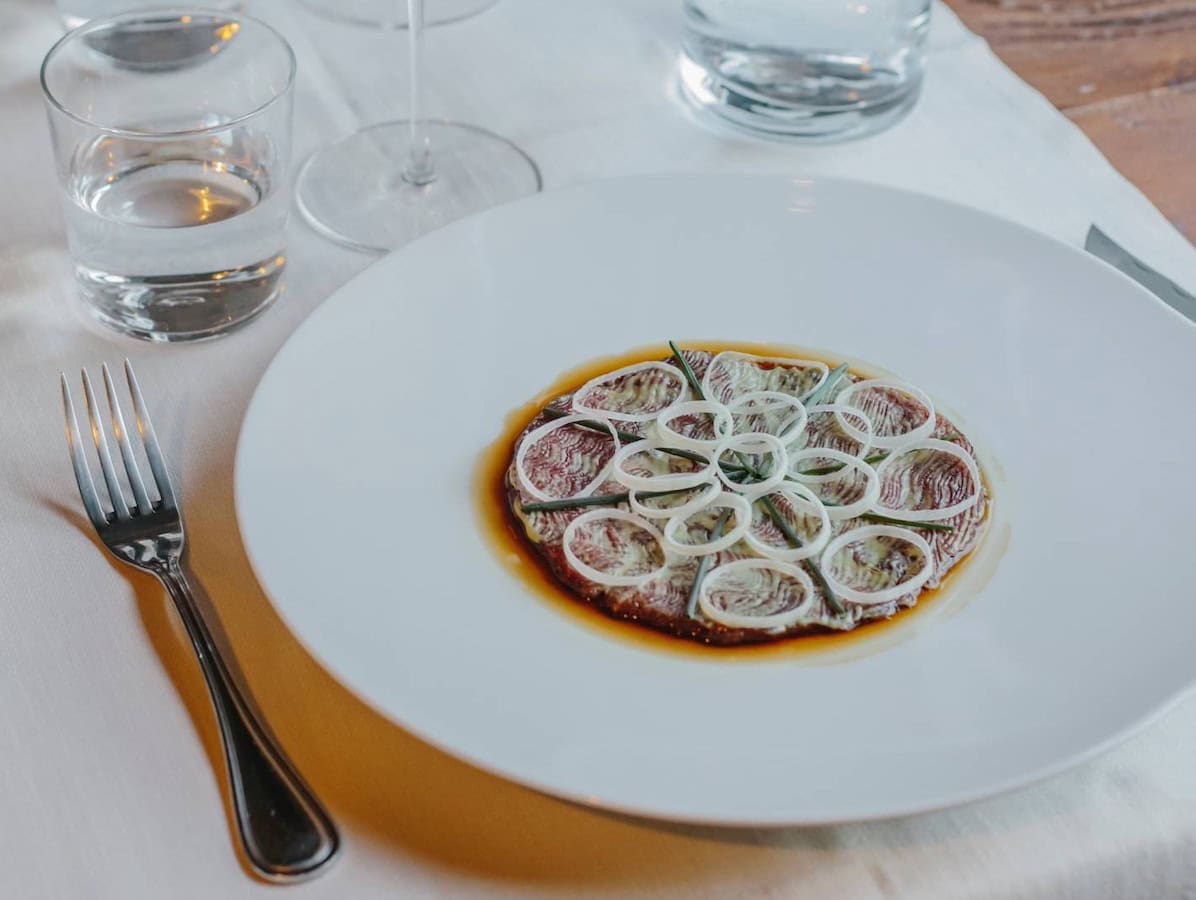
What’s on the Menu at Ferdy Wild
"Orobie Orientali" is now a signature dish, not only embodying the cuisine but also the approach to produce: Wild Etik is meat from ethically and traditionally raised Original Brown Alpine cows, which graze for at least six months a year, slaughtered at the end of their career, and celebrated in the kitchen with an intense, intelligent, and delicious dish. The filet is bathed in a reduced broth, topped with rings of leek and chives, and seared with a spoonful of oil at 200 degrees, resulting in a dish with smoky notes and an Eastern touch. Even the buckwheat dumplings play a back-and-forth game between East and West, forming a complex dish—a chicken ramen enriched with a homemade liquor made from grape pomace, mountain hay, and honey, scented with mountain aromas, arugula from the Kamado grill, fermented sauerkraut (preservation work is increasingly important in mountain cuisine), fig leaf oil, and a light spruce smoke that adds another layer of depth to a dish full of rhythm and varying bites.
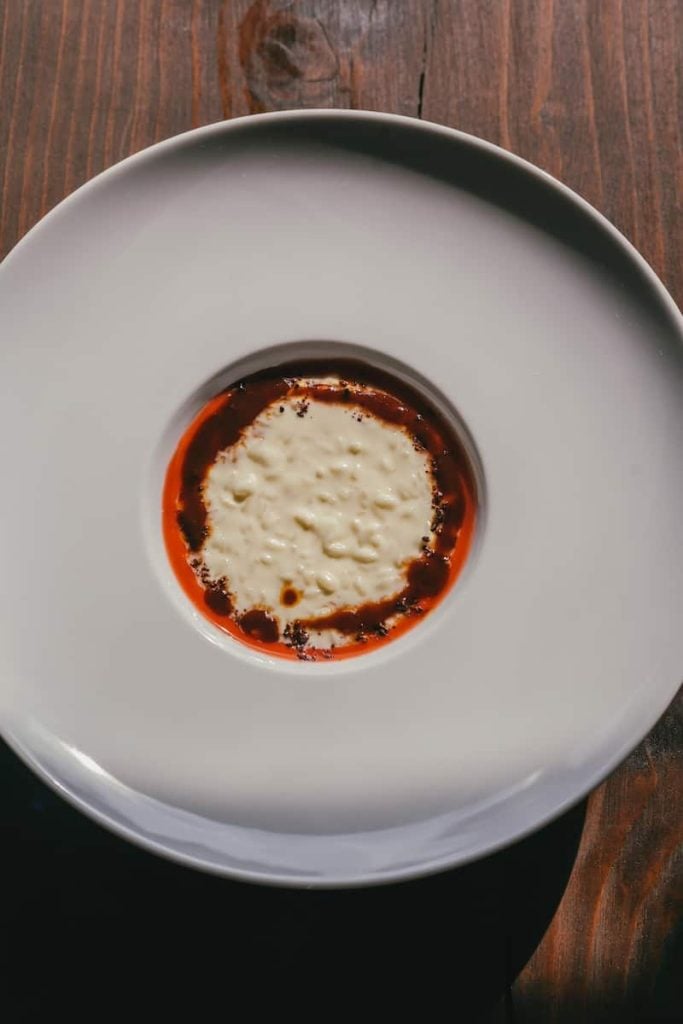
The cow is the most important animal here, celebrated in "La Me Aca," a risotto cooked in a reduction of Original Brown Alpine cow's milk infused with hay, with alpine dock (a plant that grows where cows sleep) providing a red sauce that adds an acidic punch to balance the brown stock. For added complexity, there are cocoa beans and powdered spruce bark: "It's a vertical dish focused on the cow," explains Nicolò, "where we've worked in layers, finding the acid in the dock. I needed a sweet memory of the rice and milk soup I found in the cocoa nuances, and finally with the spruce, drawing inspiration from Gilmozzi's work. We started working on it in a more complex way, with the hay milk reduction giving it a much more interesting dimension."
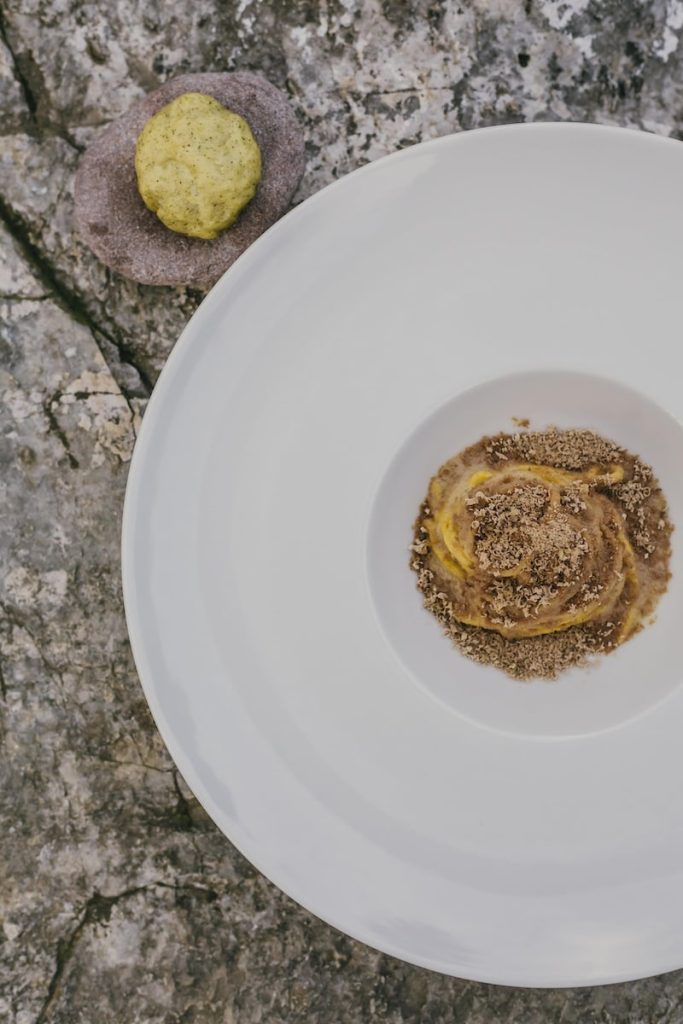
A modern cuisine
Even the spaghetti cooked in "scocia" (the whey leftover from ricotta) and finished with a liver bottarga from Etik meat (marinated for eight months with salt and pepper, then grilled) speak the same language. This is modern, very modern cuisine, perfectly aligned with the goal of honoring the history of these places. In the ribeye, the 55-day aging process serves to make the meat of a long-lived animal tender yet full of character. It's cooked simply and precisely on the Kamado grill, served with a couple of classic sauces (bordelaise and hay-infused béarnaise) and seasonal vegetables.
In the kitchen, Marco Bonato is joined by Alessio Manzoni (formerly of Agli Amici in Udine). They are among the key players in a multifaceted project, where the agriturismo acts as a gateway, with horses for riding lessons (where it all started), ponies for the little ones, a mountain hut for snacks, and a spa for relaxation, along with a shop, rooms, and the restaurant. And while some might find the “on-demand” options excessive, it's worth noting that this ability to monetize (which primarily means adding value) allows for the continuation of a beautiful and complex project, where the agriturismo and restaurant serve as a calling card, alongside electric bikes for exploring the Orobie mountains, many gastronomic education activities, the wild vigneron project (the winery is managed by Nicolò, who selects top-notch artisans who share the same philosophy), cheese tastings, cheese production (Ferdy makes one that sells for 100 euros per kilo), beverages, spirits, and skincare products.
But an integral part of the project is also the celebration of roots that lie a few kilometers from this idyllic place, in a much harsher territory aptly named Val d'Inferno (Hell Valley). Here, Ferdy retreats to tend to the cows and goats in the alpine pastures, where he makes his cheeses. For many months of the year, his life is here in the mountains, a spartan life with few comforts but full of beauty and depth. He's happy to share it, but without compromising his strict and sharp sense of integrity. Ferdy is a man of many words—frank and pointed—clear thoughts and straightforward ways, unshakeable convictions, and deep love for his mountains. The alpine pasture where he resides in the height of summer is just above 1900 meters, but well before you reach the nearest village (Ornica at 922 meters above sea level), phones lose signal, which is why the Ferdy signs are crucial: follow them carefully and from there, start the climb. It's a bit of a trek to visit him and fully understand this project, but it's well worth the effort.
Agriturismo Ferdy - Lenna (BG) - Loc. Fienili, Fraz. Scalvino — 0345 82235 - https://agriturismoferdy.com/it/

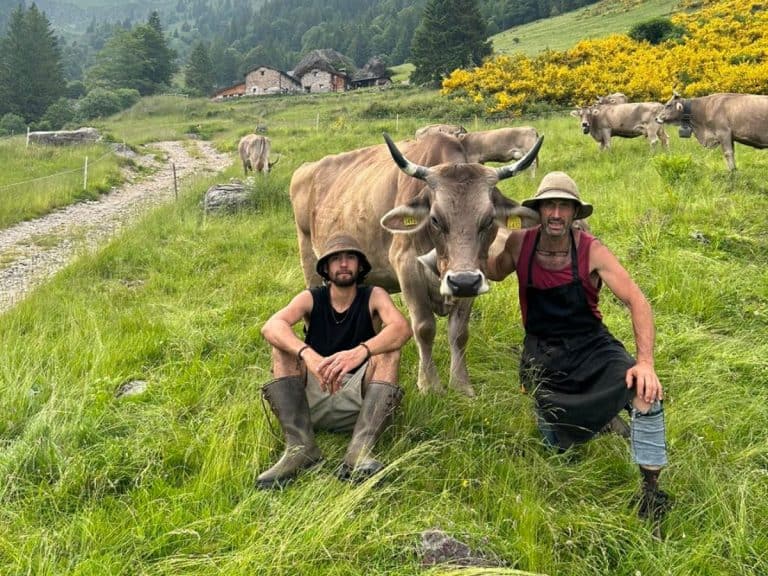
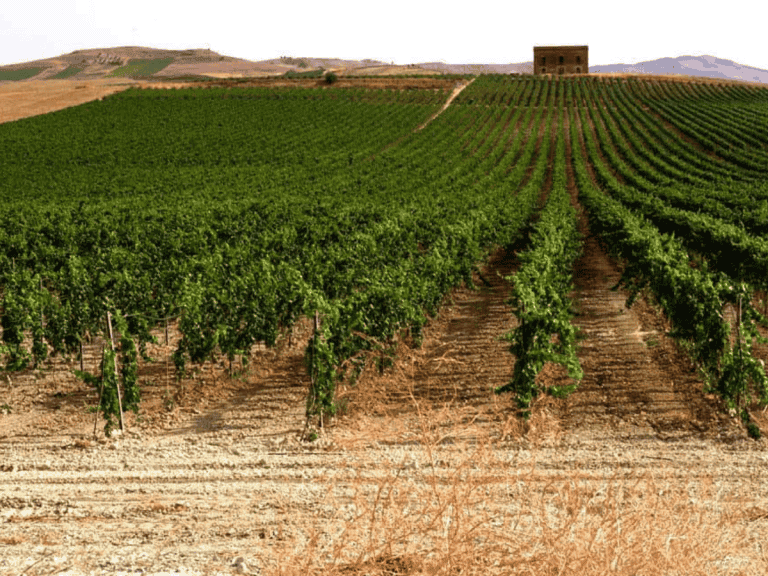 “With these yields, the community of Menfi is at risk. We must act immediately.” Interview with Giuseppe Bursi, president of Cantina Settesoli
“With these yields, the community of Menfi is at risk. We must act immediately.” Interview with Giuseppe Bursi, president of Cantina Settesoli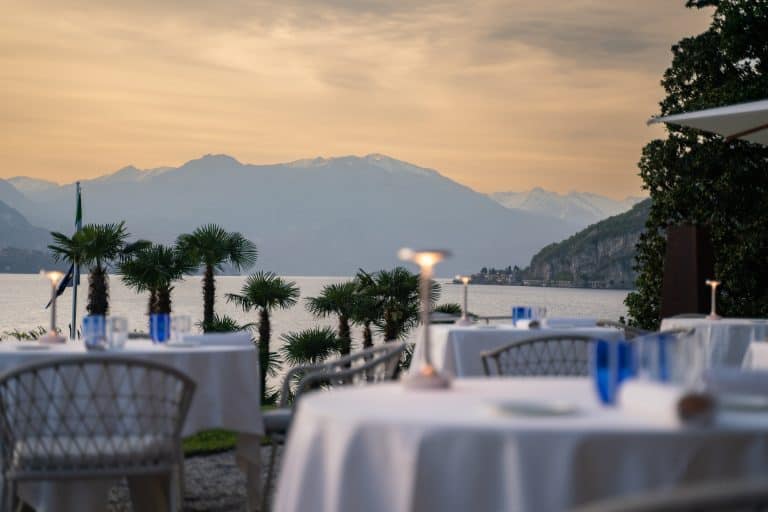 The restaurant overlooking Lake Como opened by two friends in a 20th-century villa
The restaurant overlooking Lake Como opened by two friends in a 20th-century villa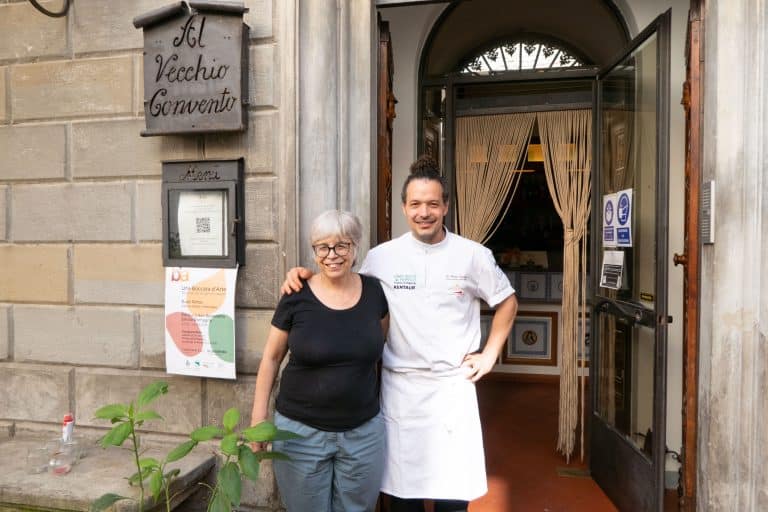 A small village in the Romagna Apennines hides a Family Restaurant hosting chefs from around the world
A small village in the Romagna Apennines hides a Family Restaurant hosting chefs from around the world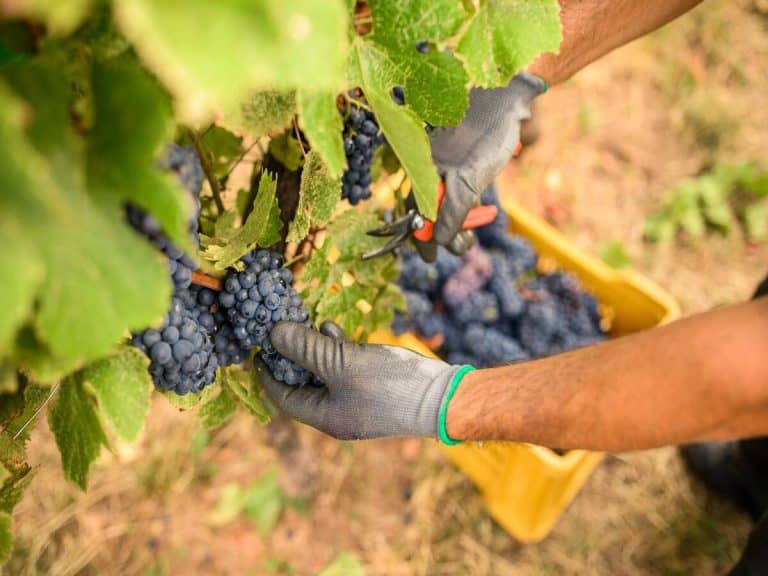 "Challenging climate, but grape quality is good." Franciacorta begins the 202 harvest
"Challenging climate, but grape quality is good." Franciacorta begins the 202 harvest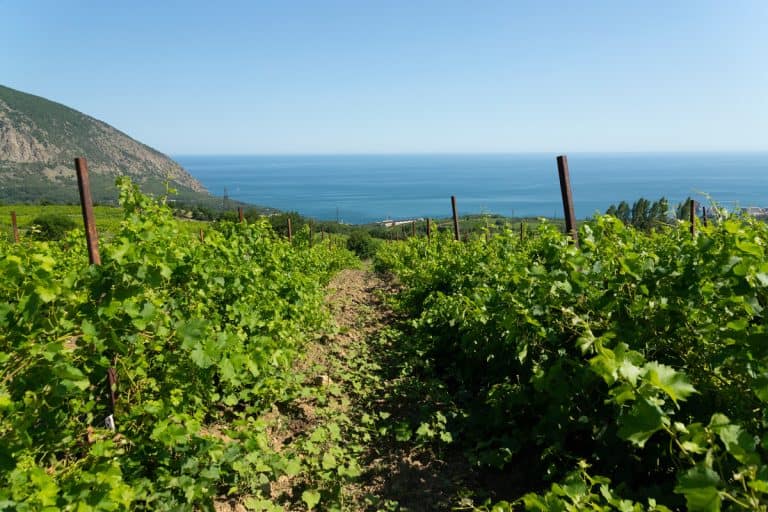 "Temperatures too high: risk of extinction for viticulture in Coastal Areas." Legambiente's warning
"Temperatures too high: risk of extinction for viticulture in Coastal Areas." Legambiente's warning